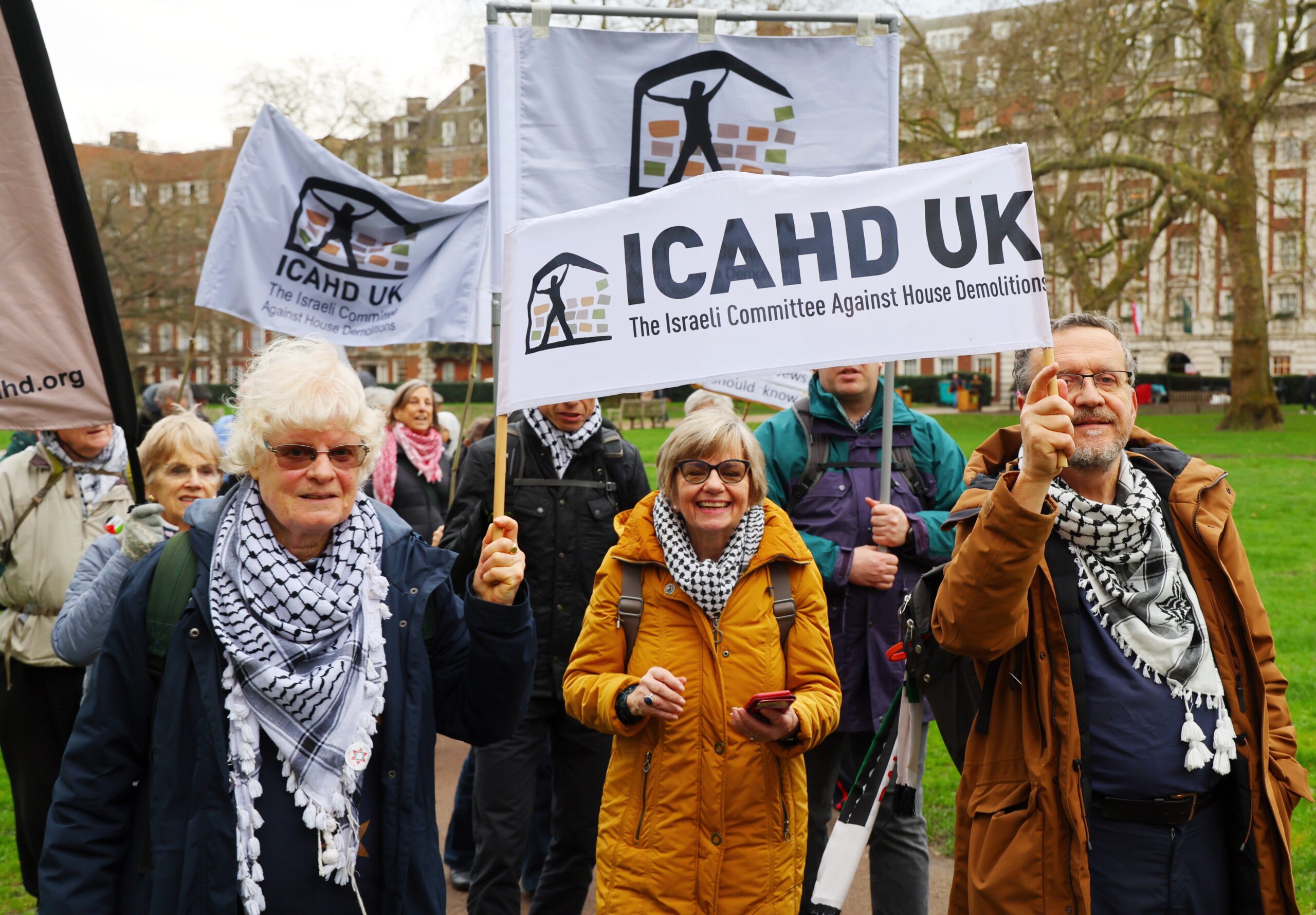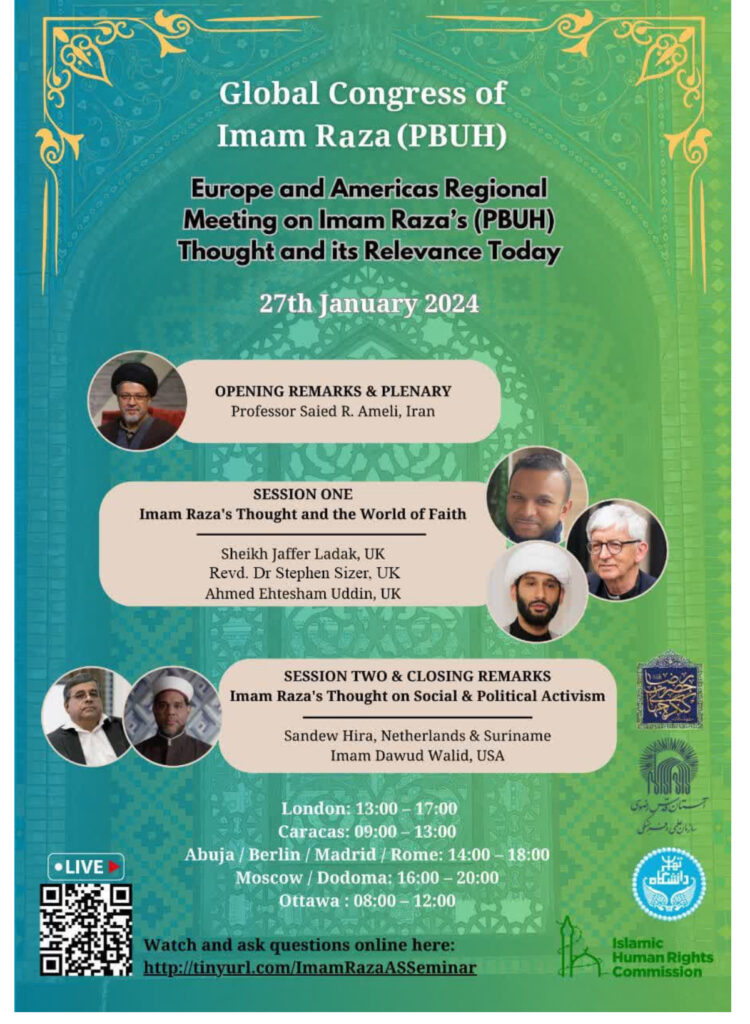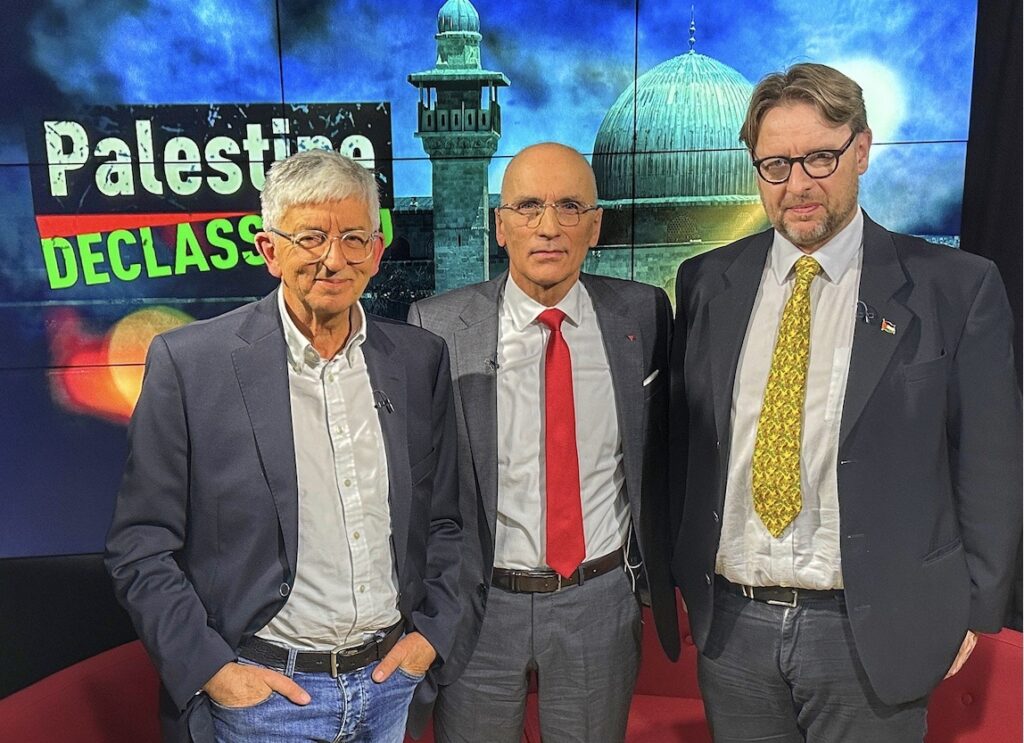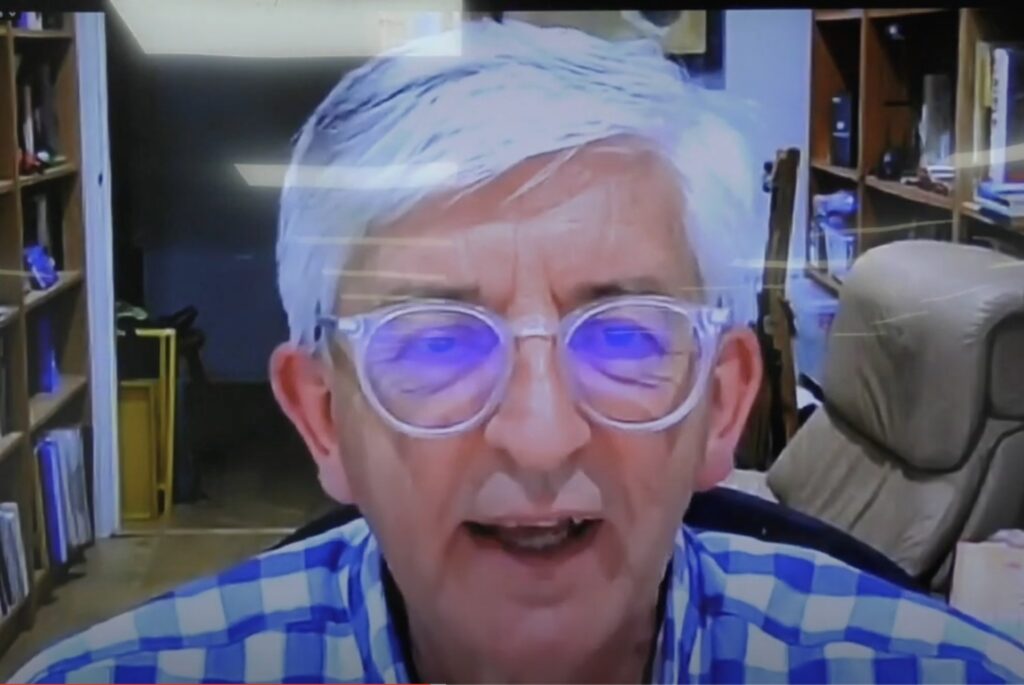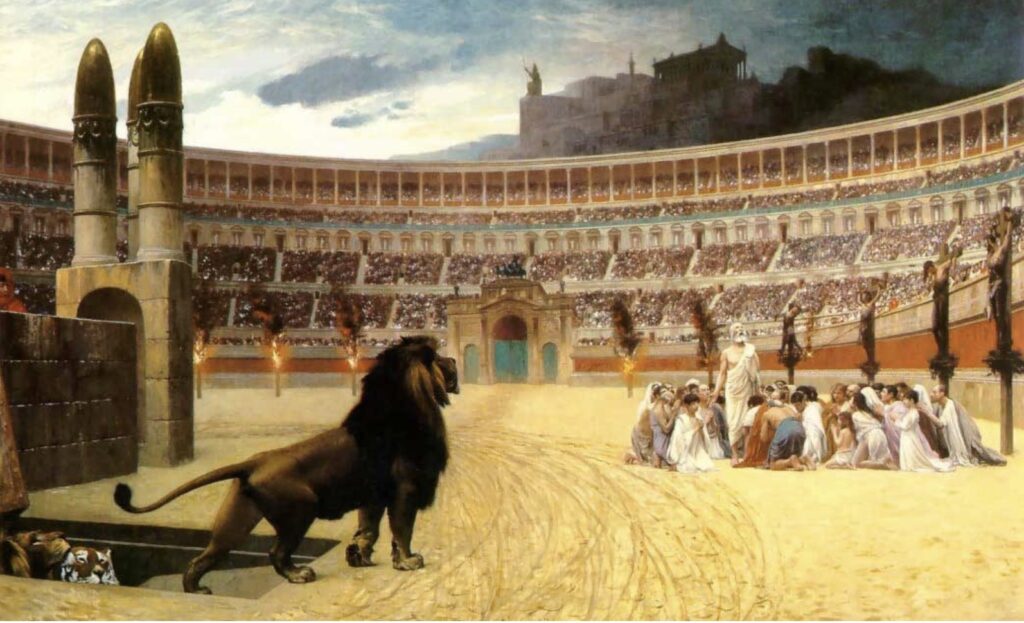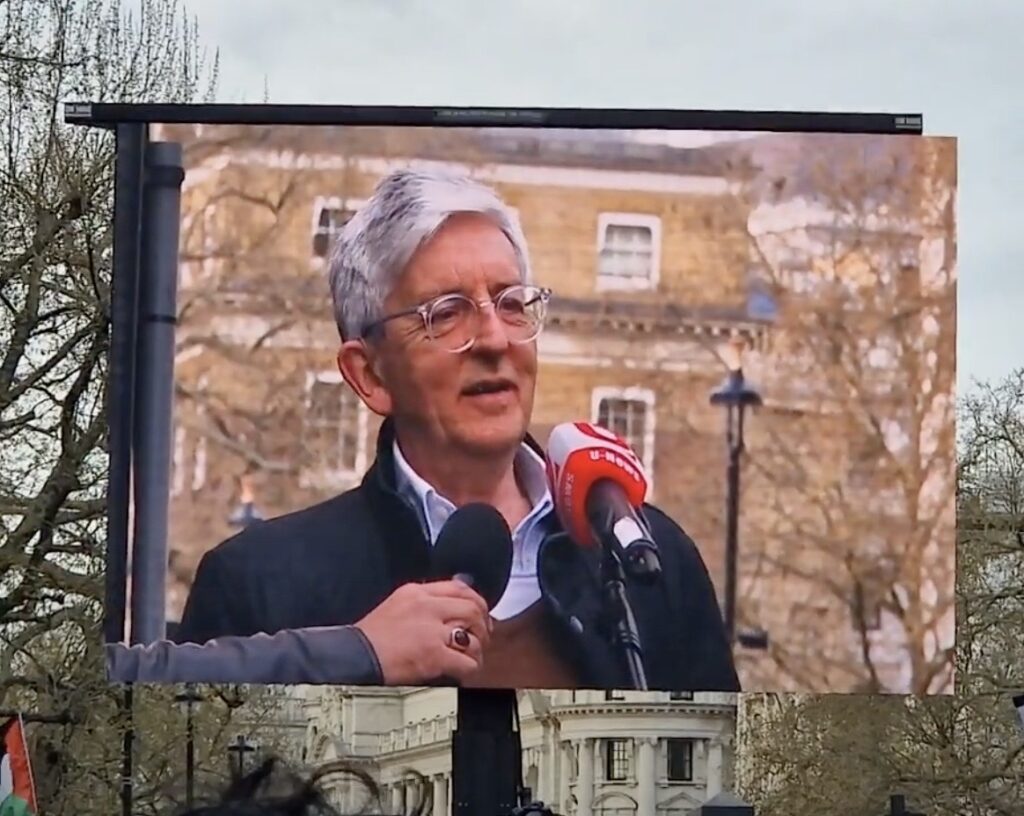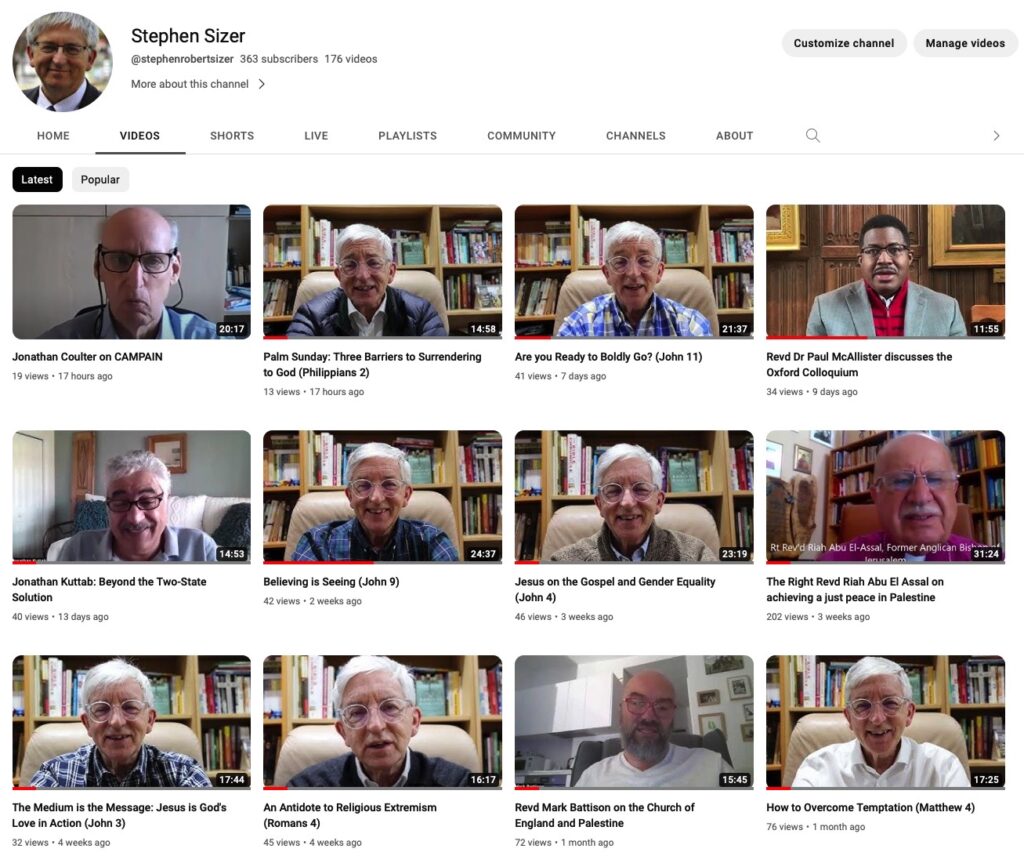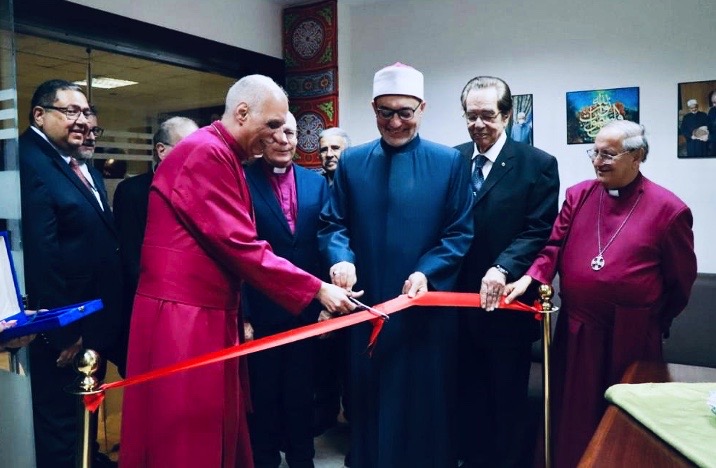In this short presentation, I will be reflecting on the life and teaching of Imam Ali al-Reza,[1] from a Christian perspective. This will not however, be an exhaustive or comprehensive analysis of Islamic and Christian ethical codes, but rather a comparison of some of the examples contained in the Rezavi Codes of Ethics and Selected Sayings of Imam Reza, with similar statements found in the teaching of Jesus.
Given that you will likely already be familiar with the example and teaching of Imam Reza, I will elaborate more on the teaching of Jesus to illustrate similarities and differences, recognising that Imam Reza, living many centuries after the New Testament was written, may well have been influenced by it, consciously or otherwise.
However, I am not a specialist in Islamic studies, or indeed of comparative religion. Nevertheless, I have helped organise, or have contributed to, several international conferences on Christian-Muslim dialogue, for example, with the World Islamic Call Society, Libya (2009), Fuller Theological Seminary, USA (2009); the League of Arab States in Qatar (2012) and Iraq (2013), the New Horizons conference, Iran (2014), and the Institute for Advanced Islamic Studies, Malaysia (2023).
In my own engagement with Muslims, I am deeply indebted to the Syrian Christian scholar, Chawkat Moucarry. In his life and teaching, he promotes Christian-Muslim dialogue, as well as challenges many popular stereotypes held by Christians of Muslims. In a paper entitled, “A Plea for Dialogue Between Muslims and Christians”[2], Moucarry defines dialogue in these terms:
“I take dialogue to mean a deliberate effort to engage genuinely and respectfully with each other; willingness to listen and understand; a readiness to learn and be challenged; a desire to relate to, communicate with, and be understood by one another. In Christian-Muslim dialogue, the focus is the Christian and Muslim faiths and their implications for individuals and communities in this life and the next.
For many centuries Western Christians have ignored or confronted the Muslim world. Ignoring Muslims is no longer an option in our “global village” where Muslims and Christians live next to each other. Some Christians seek to reach out to Muslims in confrontation, attacking Islam in a war of words. This approach is counterproductive as it usually inspires Muslims to become more radical in their beliefs, and often provokes an offensive reaction, too—Muslims attacking Christianity even more vehemently. A polemical engagement with Islam is also incompatible with “the gospel of peace” (Ephesians 6:15), which is about love, reconciliation, and forgiveness… Even in a heated debate the Christian apologist must refrain from polemics, personal attacks, and derisive arguments about Muslims and their religion.”
Dialogue should be understood more broadly than verbal engagement. It is a way of life: an open attitude toward others, seeking to reach out and to welcome people, including those who are different or even antagonistic.” [3]
With that objective in mind, let us now compare the example and teachings of Imam Reza and Jesus Christ.
Prepared for the Fifth Global Congress on Imam Reza, held in Mashhad, Iran, 13-14 May, 2023
[1] Rezavi Codes of Ethics: A Glance at Imam Reza’s Personal and Social Behavior (The Islamic Relations Office and Foreign Pilgrim’s Affairs of the Astan Quds Rezavi); Selected Sayings of Imam Reza by Mohammad Hakimi (Behnashr Co, Astan Quds Rezavi Publications)
[2] Chawkat Moucarry, “A Plea for Dialogue Between Muslims and Christians” (Fuller Theological Seminary) https://fullerstudio.fuller.edu/a-plea-for-dialogue-between-muslims-and-christians/
[3] Ibid., pp. 2-3.

